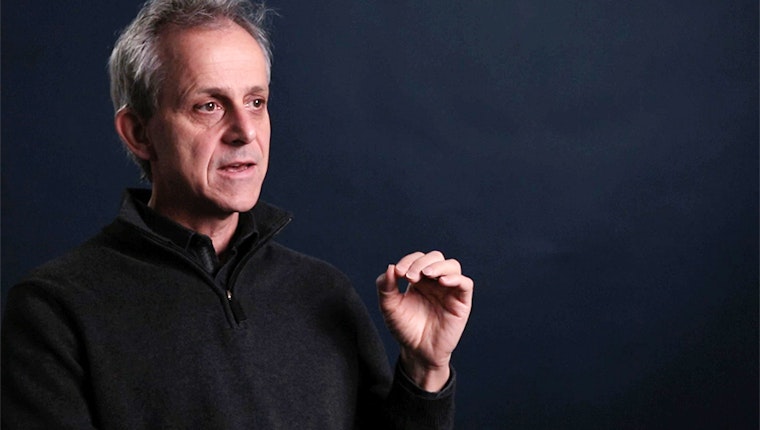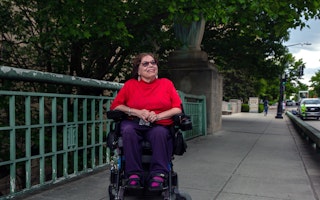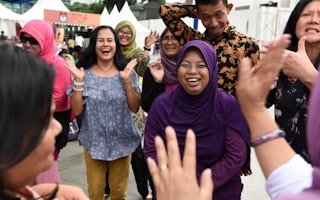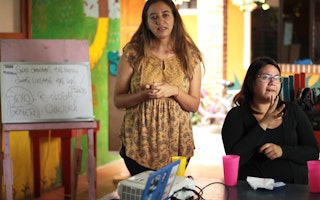Looking Differently at Disability and Decision Making
By Tirza Leibowitz

Having legal capacity means having the right to make decisions that affect your own life. It’s a fundamental right that people with disabilities are routinely denied.
Around the world, people with disabilities—particularly those with intellectual or psychosocial disabilities—are invisible in the eyes of the law, which often doesn’t fully recognize them as people. They are left legally disempowered—unable to open a bank account, get married, vote in elections, consent to or refuse medical treatment, and in some cases even receive items in the mail.
Whether motivated by benevolence or prejudice, the cumulative result of this disenfranchisement is the same: people with disabilities are rendered non-persons before the law, barred from making decisions about their own lives.
Open Society Fellow Michael Bach of the Institute for Research and Development on Inclusion and Society talks about how “supported decision making” can allow those of us with disabilities to contribute to and participate more fully in society.
The Institute for Research and Development on Inclusion and Society is an Open Society grantee. At Open Society is a video series highlighting the people and ideas that are inspiring our work—and changing the world.

Tirza Leibowitz is division director of Justice at the Open Society Foundations.


